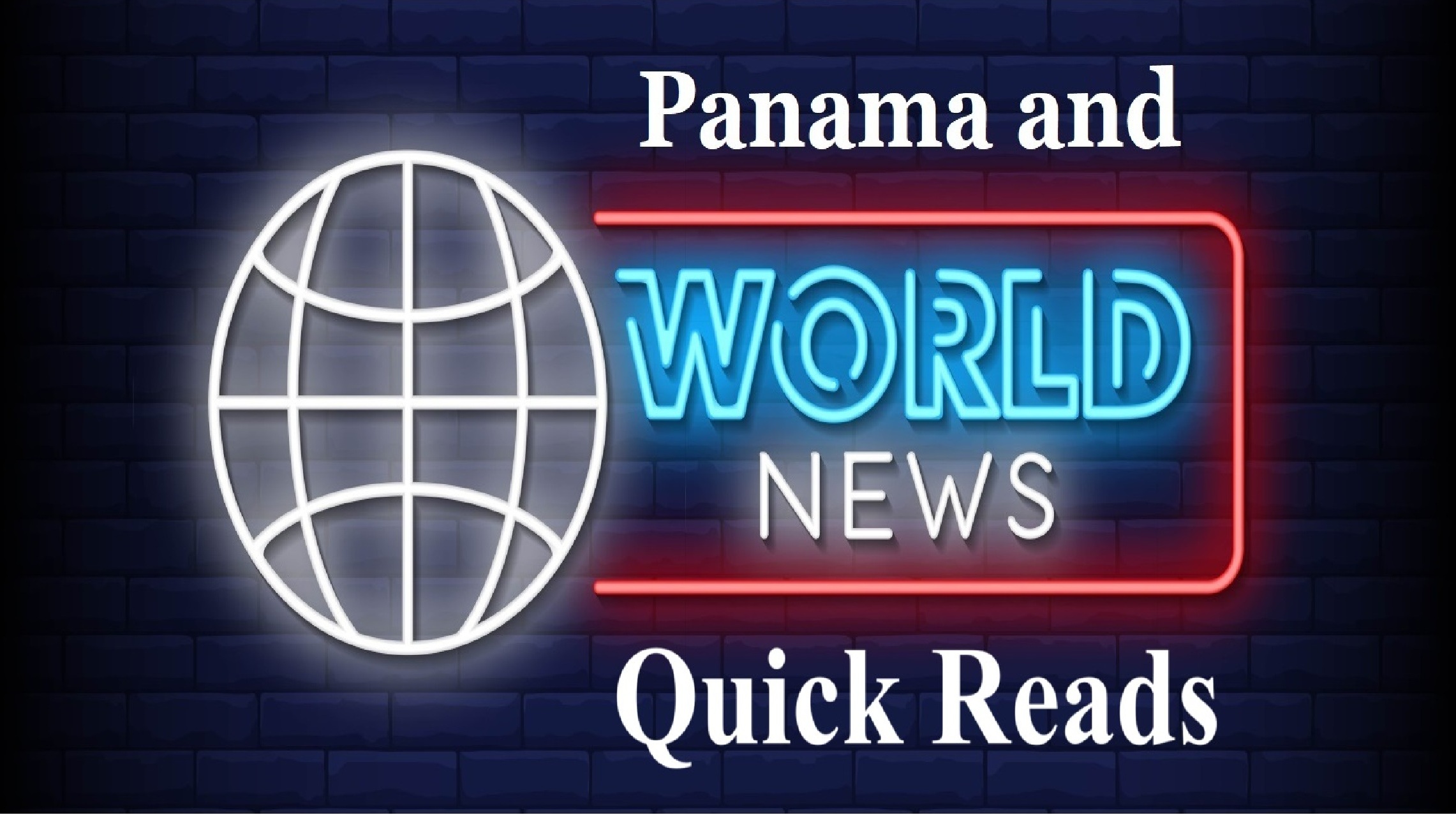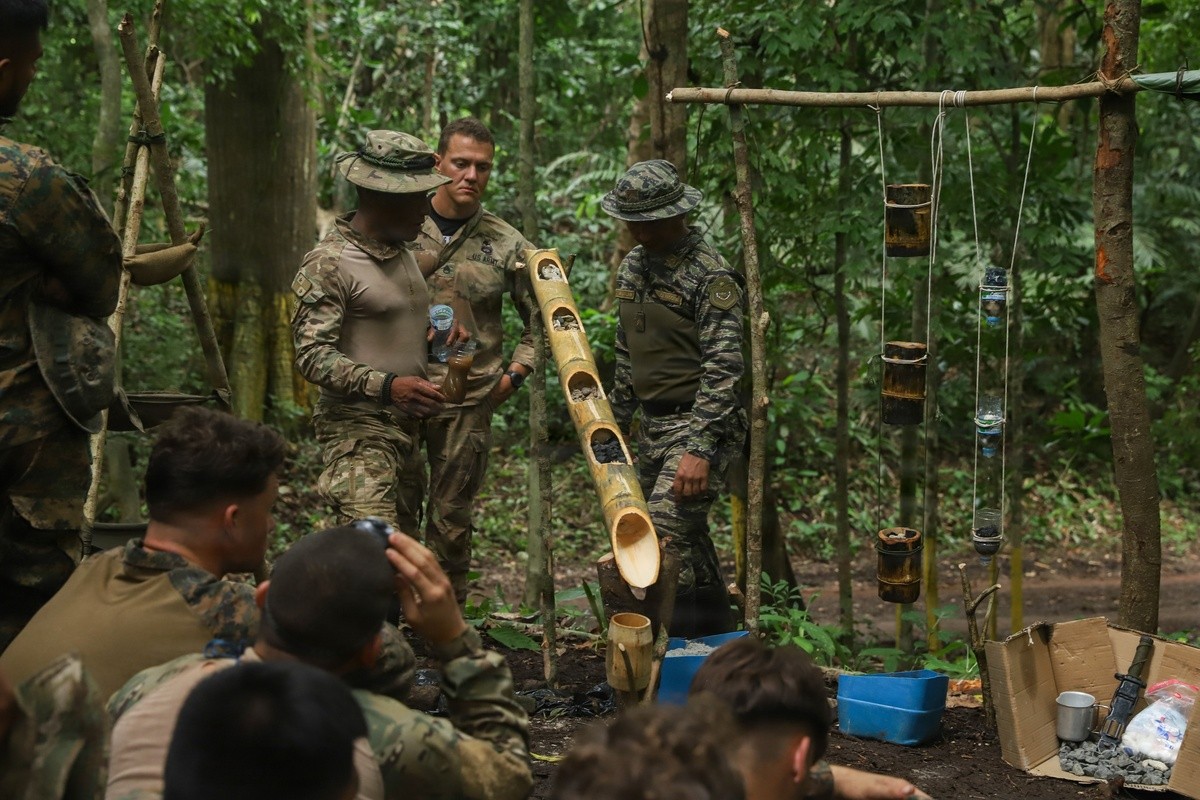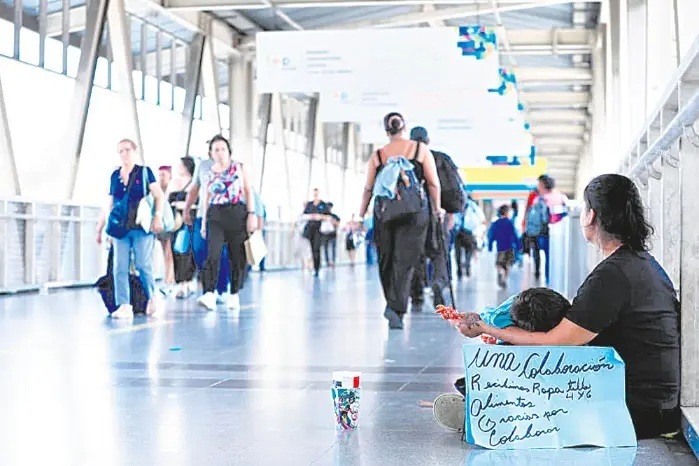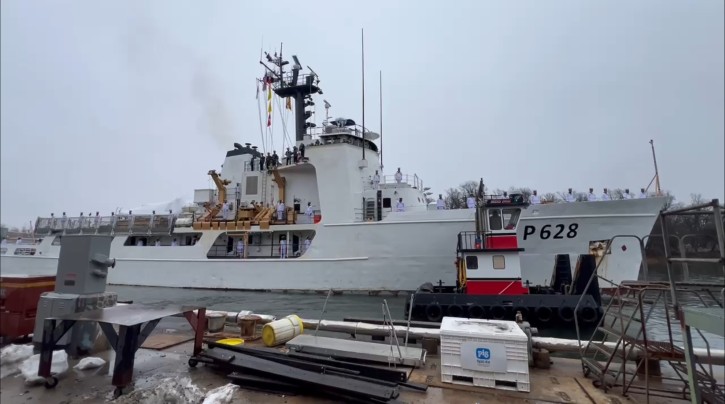The United States Declares the ‘Cartel of the Suns’ a Terrorist Organization
For the United States, the leader of the Cartel of the Suns is Nicolás Maduro, guiding the military.
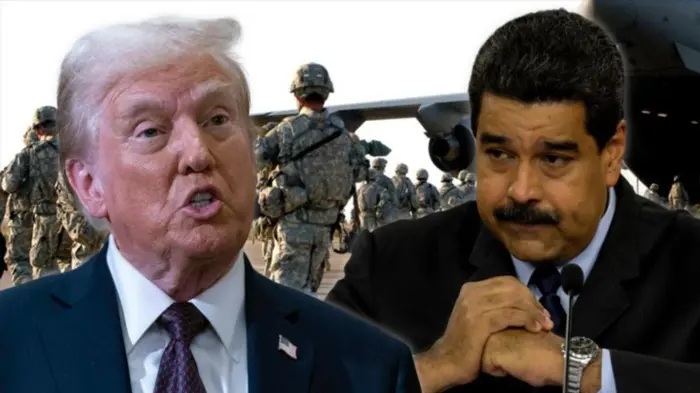
Starting today, November 24, the United States will increase pressure on Caracas by officially designating the “Cartel of the Suns” as a Foreign Terrorist Organization (FTO). This measure, championed in the political debate by figures such as Senator Marco Rubio, places the alleged Venezuelan criminal organization on the same blacklist as groups like the Sinaloa Cartel and the Tren de Aragua. According to the US Embassy in Venezuela, this organization is allegedly led by Nicolás Maduro himself and high-ranking officials in his government, who are accused of co-opting the military, judicial, and legislative branches for illicit purposes.
The Rule Change
Beyond the label, the designation has immediate legal effects. According to Pete Hegseth, Secretary of Defense, this gives Washington “new options.” International analyst Carlos Verissimo Storace explains the drastic change: while drug trafficking falls under the DEA’s jurisdiction, terrorism enables the intervention of the Pentagon, the Treasury Department, and intelligence services. This ranges from freezing assets in third countries to the theoretical possibility of extraterritorial military operations.
Economic Strangulation and Naval Presence
Experts consulted warn that the Venezuelan economy, already battered by the oil embargo since 2019, could suffer further “strangulation.” The fear of secondary sanctions could lead international operators to sever ties with Venezuela to avoid legal risks in the U.S. The announcement coincides with a show of force in the Caribbean: the deployment of the USS Gerald R. Ford, the world’s most advanced aircraft carrier. Although Washington frames it as part of the fight against drug trafficking, Maduro denounces it as an intimidation tactic to force him from power.
Venezuelan Authorities Stand with Maduro
However, yesterday, Venezuelan government authorities expressed their loyalty and support for President Nicolás Maduro, who turned 63 this Sunday, amid military tensions with the U.S. and one day before the announced designation of the Cartel of the Suns as a terrorist organization, an organization allegedly led by the Chavista leadership and linked to drug trafficking. This weekend (on Saturday) the Venezuelan government also shared letters from the presidents of Russia, China, Cuba, Nicaragua and Belarus, all allies of Venezuela, who reaffirmed their support for Maduro, at a time when the Chavista leader denounces the US air and naval deployment in the Caribbean Sea as a “threat”. The Venezuelan government believes that the US deployment is an attempt to bring about regime change and remove Maduro from power, whom Washington accuses of leading the so-called Cartel of the Suns. Chavismo, for its part, considers this organization to be an “invention” and denies the accusations of drug trafficking by the United States.
Alert Issued by the United States: Some Airlines Suspend Flights to Venezuela
They made that decision at a time when the Trump administration is maintaining a military deployment in the Caribbean. The suspension of flights to Venezuela, in response to the alert issued by the U.S. to “exercise extreme caution” when flying over that country, raised tensions in the region on Sunday as seven airlines took that decision at a time when the Donald Trump administration maintains a military deployment in the Caribbean. Latam Airlines, the largest airline in Latin America, confirmed the cancellation of flights scheduled for yesterday and today, Monday, from Bogotá to Caracas after the United States Federal Aviation Administration (FAA) issued an international advisory last Friday urging “extreme caution” when flying over Venezuela and the southern Caribbean Sea.
“For Latam Airlines Colombia, the safety of its passengers and crews is the priority. For this reason, the airline decided to preemptively cancel flights on the Bogotá-Caracas-Bogotá route on November 23 and 24,” the company said in a statement. Latam added that it “will continue to monitor the situation daily to keep its passengers informed.”
Another airline that took the US alert into account was Turkish Airlines, one of the ten largest in the world, which canceled its scheduled flights to Caracas between November 24 and 28, according to the president of the Association of Airlines in Venezuela (ALAV), Marisela de Loaiza. The Turkish company’s decision was also validated by a customer service agent, who indicated: “Some flights were cancelled between these dates (November 24 and 28), but not all,” although he did not specify the days. This Saturday, Iberia (Spain), TAP (Portugal), Gol (Brazil) and Avianca (Colombia) were the first airlines to announce the cancellation of their flights. Also, last September Caribbean Airlines (Trinidad and Tobago-Jamaica) reported the temporary suspension of its air operations between Trinidad and Tobago and Venezuela.

